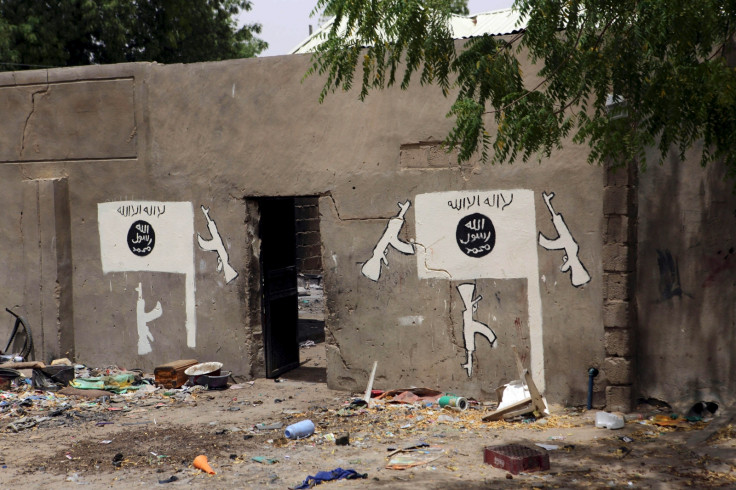Survivors of Boko Haram attack recount their terrifying ordeal

The first shots rang out as daylight turned to dusk as Boko Haram, led by their commander Abubakar Shekau, swept into Gwoza – a city in Nigeria's northeastern city – forcing its residents to flee for their lives.
Hauwa Umar's father was one of the first to be shot that evening in August 2014.
"What I saw that day was terrible," she told the LA Times. "There were uncountable bodies without heads and Boko Haram kept saying, 'Stop crying! Stop crying!'
"I couldn't stop crying, and they'd shoot their guns in the air to shock you. But I kept on crying," she added.
Details of Boko Haram's gruesome attack in the region last year are not clear, but the account of 14 people who managed to flee the town and escape to Kano provides a horrific picture of the raid.
Men and boys beheaded
When the group entered Gwoza, its fighters reportedly beheaded men and boys – some as young as 10 – and burned dozens on a pyre made of tyres, and announced that the women were slaves who would be forcibly married off or sold, the LA Times reported.
Other boys were abducted and forced to join the armed group as child soldiers.
Boko Haram fighters conducted house-to-house searches, shooting into ceilings, killing hiding men and boys.
"Some lasted three weeks in the ceilings. Some died from suffocation and hunger," said Fatima Sadiq, a female resident who witnessed the attack.
Boko Haram occupied the city of about 275,000 for eight months.
It is unclear how many people were enslaved, abducted or killed because mobile phone networks in the region are scarce, and journalists and human rights workers cannot access the area safely.
However, Amnesty International this week said more than 600 people had died in the attack, adding that the real number was probably much higher.
Men and boys beheaded
Aisha Umar, 18, was captured by Boko Haram and wound up in one of the jails, a large house with many rooms, according to the LA Times.
"We were more than 100. The women were all crying. Boko Haram were saying, 'You don't have any house except this one now, so stop crying.'
"They kept telling us that we have to be ready to marry them. We were in total terror."
Umar and the other captives spent three days in the jail, after which she and seven others in her room, including a woman with a baby on her back, climbed the wall at 2am and fled.
When Boko Haram did leave the city, the militants rounded up about 70 elderly men into a slaughterhouse and shot them, according to those who fled Gwoza.
Some of them even massacred their captured wives, the LA Times reported, including one woman who was heavily pregnant, as insurance that they would meet them again in the afterlife.
© Copyright IBTimes 2024. All rights reserved.





